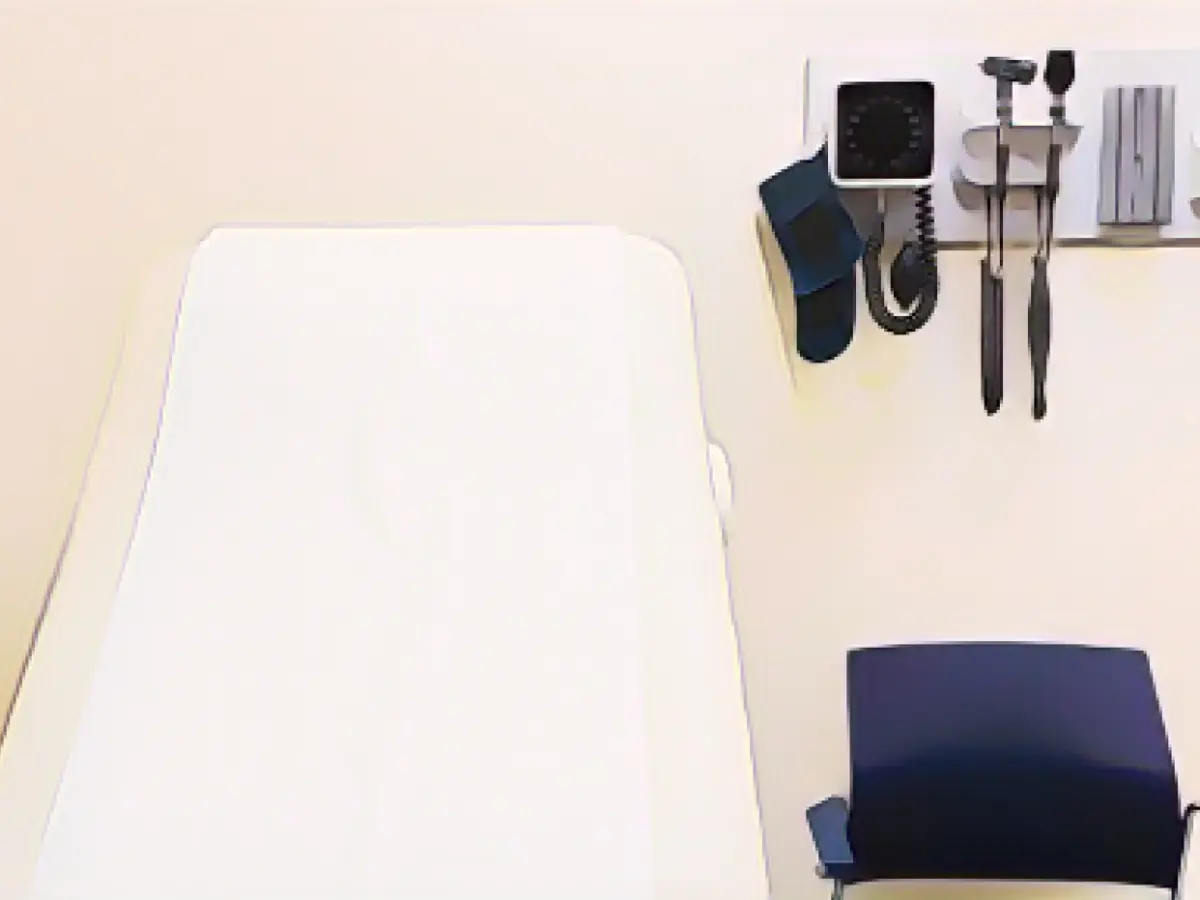Fighting Texas' Strict Abortion Law with a High-Risk Pregnancy Lawsuit
Meet Kate Cox, a courageous Texas woman at the twenty-week mark of her pregnancy, battling a outdated abortion law using a high-risk pregnancy lawsuit. Her unborn child, diagnosed with the challenging Trisomie 18, carries a high mortality rate.
Cox's suit, filed in federal court, exemplifies one of the earliest attempts by an individual pursuing a court-ordered abortion since the Roe v. Wade decision's overturning last year, as reported by the New York Times.
The controversy lies in the legal risk for Cox, her spouse, and her doctors if they were to seek an abortion within the state. Her OB-GYN, Damla Karsan, claims the medical condition falls under the law's exception, but she can't perform the procedure without a court order due to the potential loss of her medical license, lifetime prison sentence, and substantial fines.
Cox endures severe cramps and fluid leaks, resulting in three emergency room visits within a month. Due to her previous cesarean sections, the ongoing pregnancy poses a significant risk of severe complications, including uterus rupture and hysterectomy, threatening her health and potentially her life.
The lawsuit alleges her doctors have informed her about the limitations, forcing her to wait for her unborn child's demise or naturally terminate the pregnancy before undergoing a third cesarean section. The suit emphasizes the unborn child's suffering prior to death.
Insights into Trisomie 18
Trisomie 18, also known as Edwards Syndrome, is a genetic disorder caused by an extra copy of chromosome 18. Characterized by numerous medical complications, including heart defects and organ abnormalities, it often leads to heart failures and triggers early fetal or neonatal death. Approximately half of the affected fetuses expire during pregnancy, while more than 90% of infants die within a year.
Texas' Restrictive Abortion Law
The Texas law, known as the Human Life Protection Act (HLPA), prohibits abortions after six weeks, permitting exceptions for situations where the woman's life is at risk or if there's a substantial impairment of a major bodily function, excluding psychological conditions. In Cox's situation, the unclear language of the law leaves doubt about the legality in her unique circumstances, despite frequent hospital visits due to severe cramps.
Cox's legal team is requesting a temporary and permanent injunction against the state, protecting them from enforcing the abortion ban. The lawsuit highlights the potential life-threatening risks Cox faces despite not being imminently compromised.
The Texas Attorney General's Office didn't respond to CNN's immediate request for comment.
Sources:
- edition.cnn.com
- enrichment data (see above of this article)
Related Articles:
Having undergone two cesarean sections, the pregnancy puts significant health risks on Cox. Here are two sentences utilizing the word 'us':
- After two cesarean sections, continuing the pregnancy poses substantial risks for Cox, potentially causing severe complications such as uterus rupture or hysterectomy, which could pose a significant threat to Cox's life or jeopardize her future fertility.
- Under the Texas law, Cox and her husband are legally at risk if they were to seek an abortion within the state.








